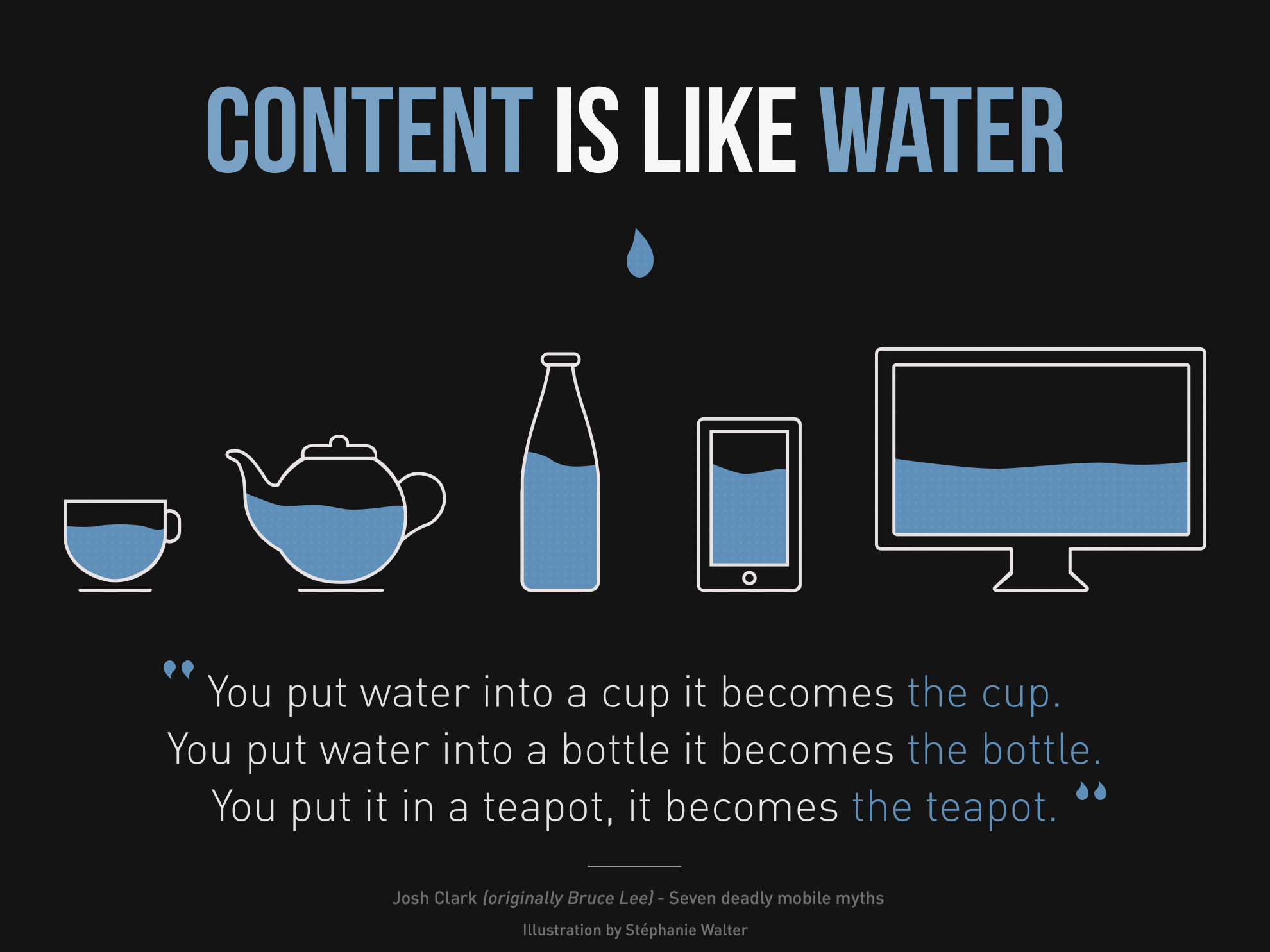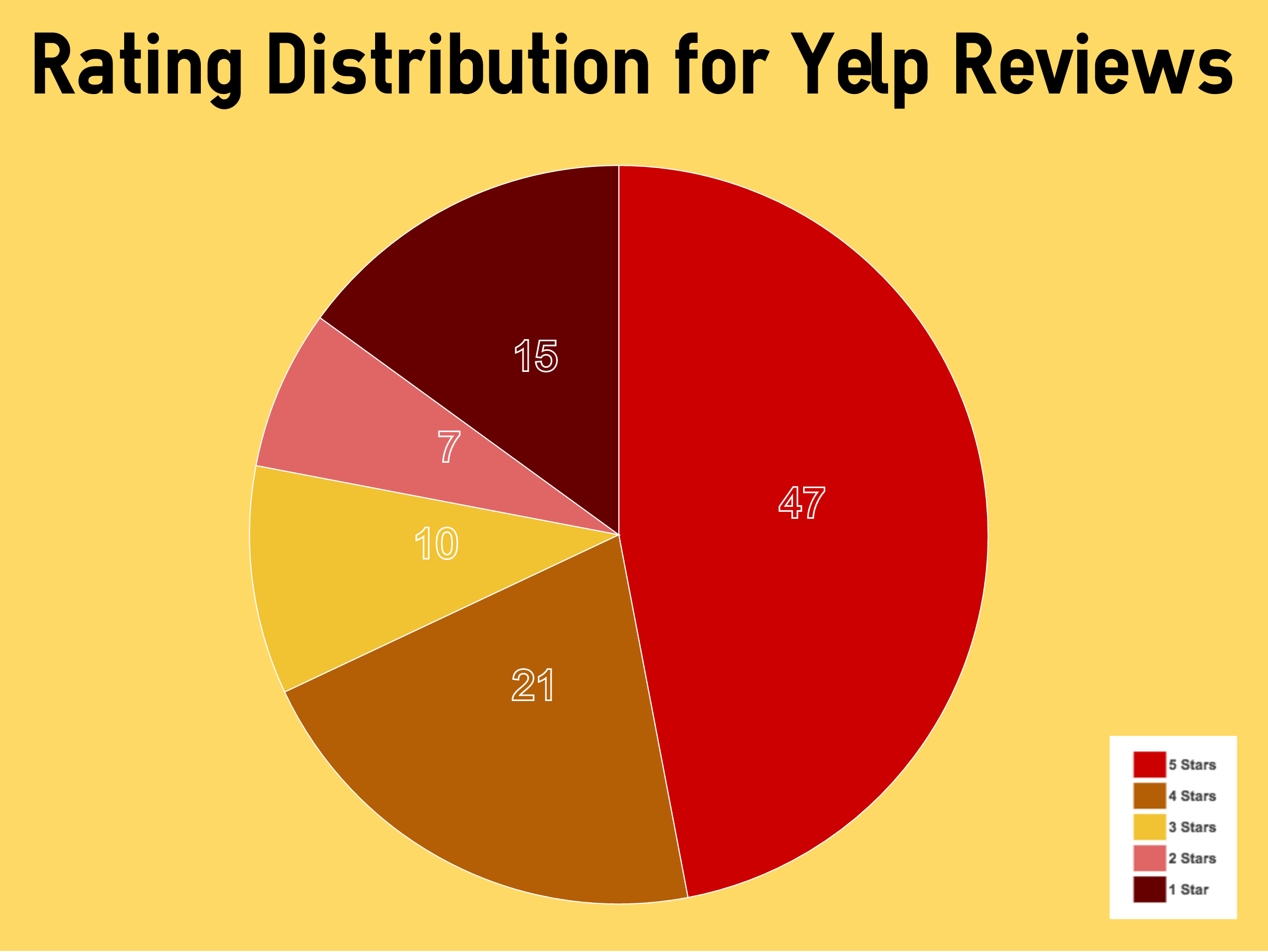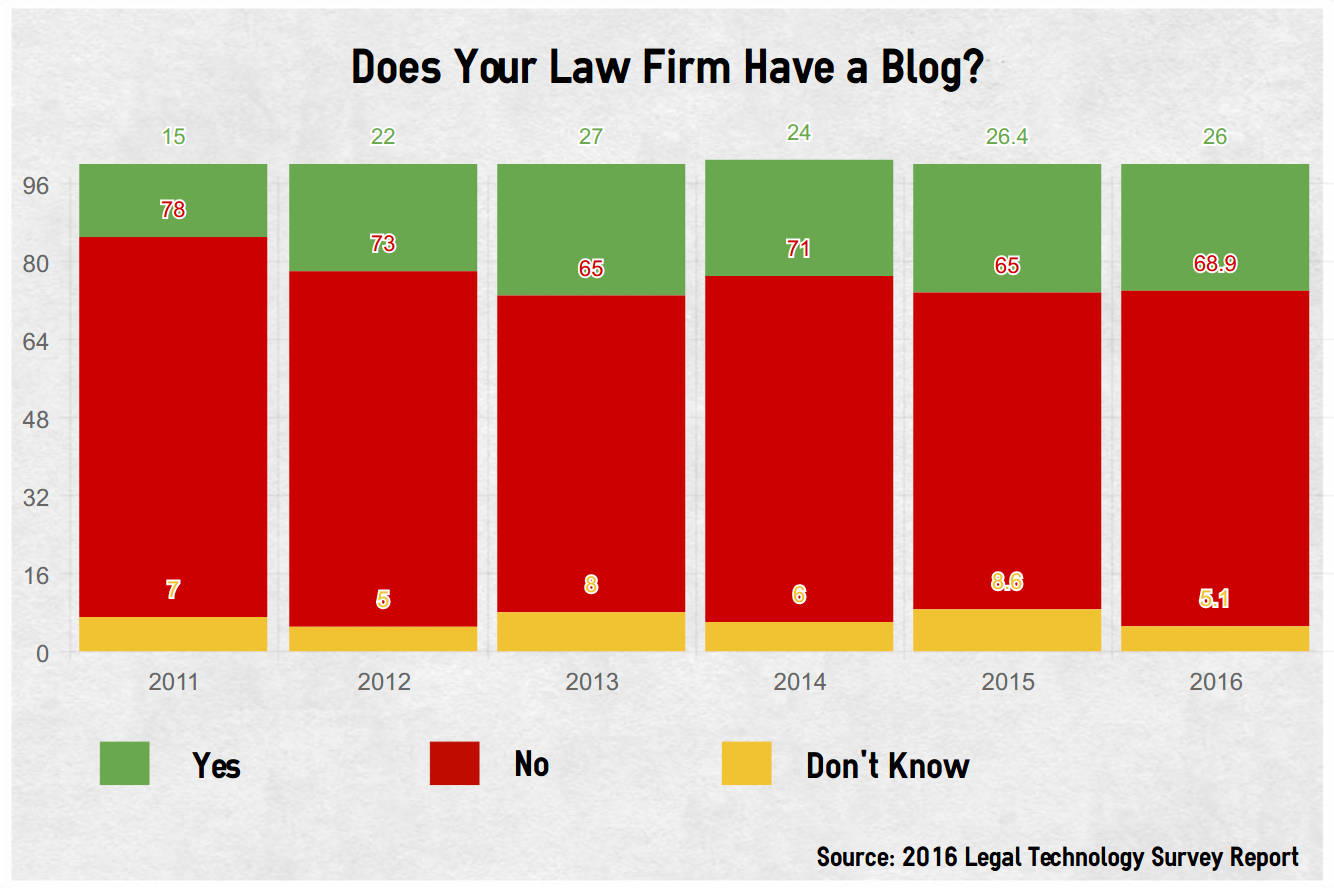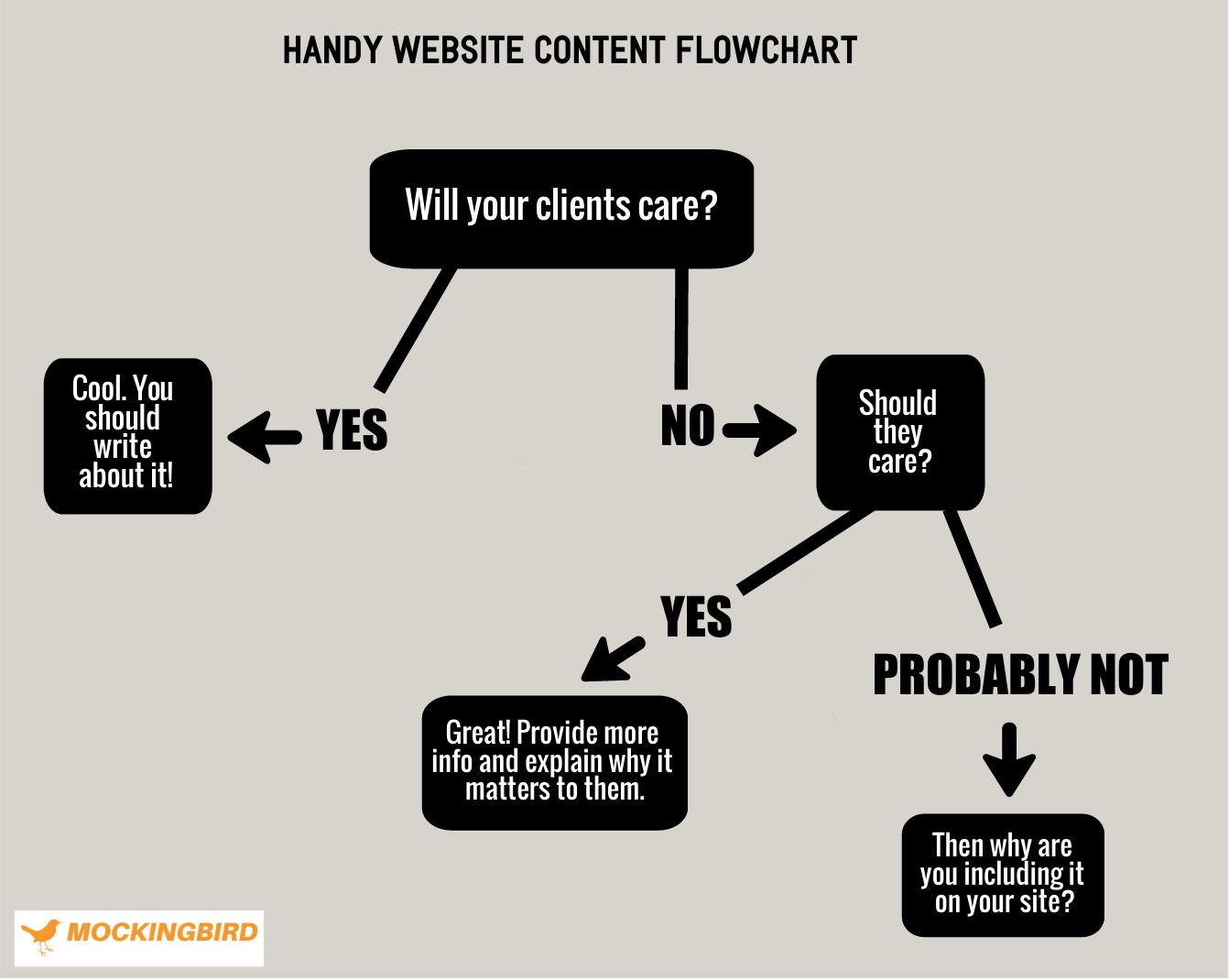We’re frequently contacted by clients who already have a clear idea of what they want from their online marketing firm. Sometimes they’re dialed in to the point where they already have a list of items they need help with and a clear roadmap for where they’re heading. However, this is far from the norm.
More often than not our prospective clients come to us either having previously worked with an agency (or multiple agencies) or as a blank slate looking to create an online footprint and start marketing their practice online.
In most cases, the bulk of our initial conversation is spent talking through the client’s goals and identifying which channels and tactics make the most sense in order to get them where they want to go.
For anyone asking, “what do we need to do in order to be successful online?” the response is always the same: how are we defining success?
In our experience, there are a few ways clients typically define success:
Success = Profit
I want to make money. If revenue is climbing I’m going to be happy.
Success = Specific Case Types
I want to target a specific type of case. Inquiries from other practice areas are a distraction or a bonus.
Success = Flexibility
I want to pick and choose which cases I can take. I want a high volume of inquiries and will pick which ones I want.
There’s merit to all three of these approaches, and each one necessitates a different set of tactics. This is one of the few aspects of our client’s practices where we can’t make an effective recommendation or provide any useful guidance. It’s up to each individual attorney to decide how they’re going to measure success and then let us adopt a plan that will help them achieve those results.
Stay Focused on the Big Picture
Once you’ve clearly defined what a successful marketing campaign looks like, it’s important to benchmark against your most relevant metrics (revenue, signed cases, or total inquiries) and make sure the tactics you’re prioritizing will help you achieve your overarching goal.
As an example, if your primary goal is to drive revenue, you shouldn’t get bogged down worrying about whether you’ve published any new content in the past month unless you’ve firmly established that new content is the best way to generate revenue.
Similarly, if you’re making a huge push for DUI cases it’s not worth obsessing over your site’s organic rankings for the more generic term “criminal defense attorney.” You’ll be better served keeping your eye on results directly relevant to the cases you’re trying to generate.
This isn’t to minimize the value of setting intermediate goals or looking at multiple trends, it’s merely a reminder to stay focused on what’s most important instead of getting paralyzed by the massive amount of data available on a monthly, daily, and even hourly basis.
So, what’s the most important thing in your marketing mix? Reliable data.
Measure What Matters
Almost no one comes to us specifically asking for business reporting, yet it’s arguably the most valuable service we provide. With all the data available through Google Analytics, AdWords, CallRail, Search Console, and countless other tools, it’s easy to identify which pieces are contributing to the success of your business and which ones are distractions.
Did you publish 5 blog posts and get zero clients and zero backlinks as a result? That’s probably not something you need to keep doing?
Is one channel driving 75% of your inquiries for car accident cases? You might want to expand your budget there…assuming your goal is either more PI cases or more revenue.
There’s no substitute for knowing what’s actually working. Gut feelings or informally polling your new clients about how they found you is unreliable at best and comically misleading at worst.
If you want to win at search, you should do the things that work and ignore the ones that don’t. That may seem simplistic—because it is—but it’s not possible if you don’t clearly define a goal, configure your infrastructure to accurately track everything you’re doing, and then allow data to guide your marketing efforts.






